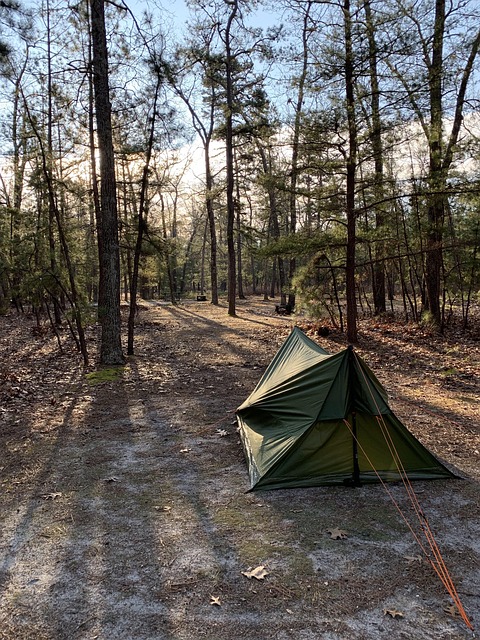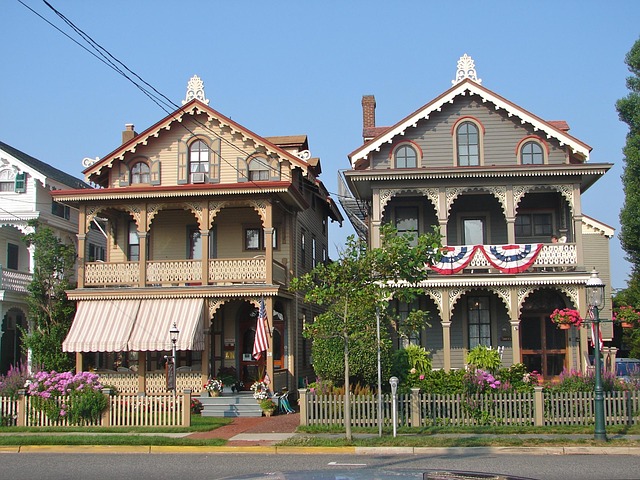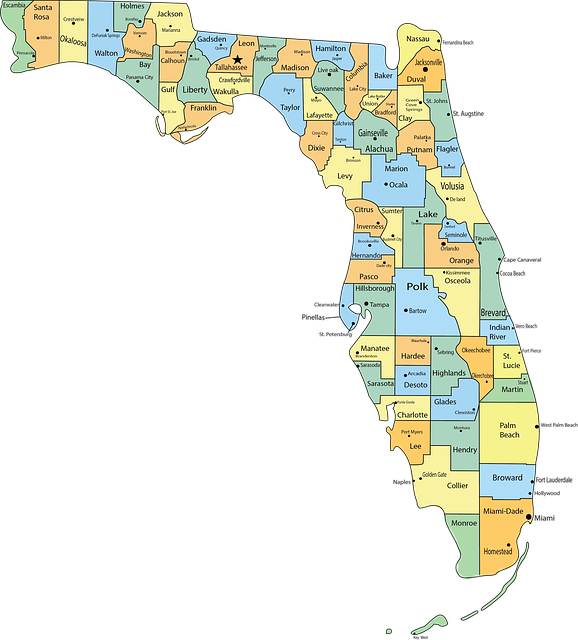The Thomas Edison National Historical Park in West Orange, Essex County, New Jersey, stands as a testament to the groundbreaking inventions and prolific creativity of Thomas Alva Edison. This park not only preserves the site of his laboratory where he developed seminal inventions like the phonograph, light bulb, and electric power system but also provides an educational experience that delves into the cultural impact of America's golden age of invention, which Essex County played a central role in. The park offers interactive exhibits, guided tours, and hands-on activities that bring to life the story of Edison's innovative work and its legacy, emphasizing the design and collaborative nature of his lab that fostered rapid prototyping. It serves as an educational resource and source of inspiration for future innovators, showcasing the enduring influence of American ingenuity rooted in places like West Orange. The National Park Service's efforts to maintain the historical integrity of Edison's estate ensure a glimpse into the life and work of one of America's most influential inventors, all set within the historically significant context of Essex County, New Jersey.
Discover the enduring legacy of Thomas Edison at the Thomas Edison National Historical Park in West Orange, New Jersey. This article takes you on an enlightening journey through the historical park, showcasing the birthplace of inventions that have shaped modern life. Delve into the intricate details of Edison’s laboratories, a testament to the industrious spirit that spearheaded America’s progress during the late 19th and early 20th centuries, nestled in Essex County. Learn about the meticulous restoration efforts that preserve this pivotal site, the educational programs offered, and how visitors can engage with Edison’s world today. Join us as we explore the profound impact of one of history’s greatest inventors on industrial advancement and the role West Orange played in fostering America’s spirit of invention.
- Exploring the Innovative Legacy of Thomas Edison at West Orange's Historical Park
- A Glimpse into the Life and Inventions of America's Greatest Inventor in Essex County, New Jersey
- The significance of the Edison Laboratories Complex: A Hub of Groundbreaking Innovations
- Preserving History: The Restoration and Maintenance of Edison's Former Home in West Orange, NJ
- The Impact of Thomas Edison on Industrial Development in Essex County
- Educational Programs and Visitor Experiences at the Thomas Edison National Historical Park
- Uncovering the Role of West Orange, New Jersey, in Shaping the American Spirit of Invention
Exploring the Innovative Legacy of Thomas Edison at West Orange's Historical Park
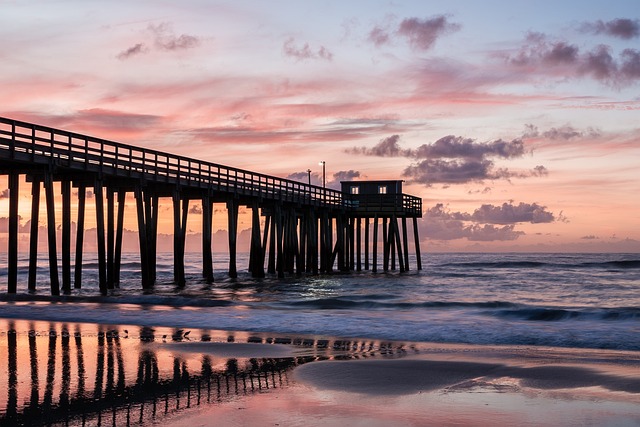
Situated in Essex County, New Jersey, the Thomas Edison National Historical Park in West Orange offers a fascinating window into the life and times of one of history’s most prolific inventors. This storied site preserves the laboratory complex and home of Thomas Alva Edison, where he developed many of his groundbreaking innovations. Visitors to the park can explore the very location that was instrumental in shaping modern technology and American ingenuity. Here, amidst the tranquil settings of West Orange, Edison’s genius came to life, leading to inventions that continue to impact our daily lives. The facility encompasses a museum showcasing his inventions, a 29-room house, and laboratories where Edison and his team worked tirelessly to bring concepts to fruition. The park stands as a testament to the spirit of innovation that has long been associated with Essex County, New Jersey, and offers an educational experience for visitors intrigued by the history of technology and the legacy of one of its pioneers.
A Glimpse into the Life and Inventions of America's Greatest Inventor in Essex County, New Jersey

Thomas Edison, America’s prolific inventor, left an indelible mark on history from his laboratory in West Orange, Essex County, New Jersey. This National Historical Park offers a captivating window into the life and legacy of one of the most innovative minds of the modern era. Edison’s workshop, a hub of groundbreaking achievements, stands as a testament to his relentless pursuit of progress. Here, visitors can explore where Edison developed inventions that not only shaped industries but also significantly impacted daily life across the globe. His work in this Essex County locale led to iconic creations such as the phonograph, motion pictures, and the first practical electric light and power systems. The park preserves a vast array of artifacts, including lab equipment, patents, photographs, and personal effects that provide a comprehensive view of Edison’s work ethic and genius. A stroll through the expansive grounds immerses one in the era of the Industrial Revolution, highlighting Essex County’s pivotal role in the evolution of technology and its application to modern life. The park serves as an educational resource, offering insights into the scientific method, patent law, and the economic impact of innovation, all set against the backdrop of the Garden State’s rich history.
The significance of the Edison Laboratories Complex: A Hub of Groundbreaking Innovations

Within the confines of West Orange, New Jersey, lies a historic site that stands as a testament to human ingenuity and the transformative power of innovation: the Thomas Edison National Historical Park. Central to this park is the Edison Laboratories Complex, a facility that has earned its place in history as a crucible for groundbreaking inventions and technological advancements. This sprawling site, nestled within Essex County, played a pivotal role in shaping the industrial landscape of America during the late 19th and early 20th centuries. It was here that Edison’s genius flourished, leading to the development of the phonograph, the first practical electric light, and the power distribution system, among other significant inventions. The complex, a collection of interconnected buildings and workshops, provided the perfect environment for Edison’s team to collaborate, experiment, and innovate, often working around the clock to bring new ideas to fruition. The impact of this Essex County laboratory is immeasurable, with its contributions laying the foundation for modern industries and influencing countless inventors who followed in Edison’s footsteps. Today, the Edison Laboratories Complex stands as a museum, offering visitors an insightful glimpse into the life and legacy of one of America’s greatest inventors, and the role that New Jersey played in the story of innovation that continues to define our world.
Preserving History: The Restoration and Maintenance of Edison's Former Home in West Orange, NJ
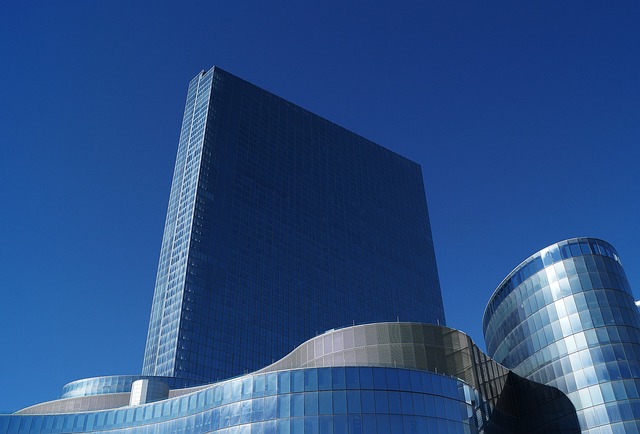
Preserving history at Thomas Edison National Historical Park in West Orange, NJ, involves a meticulous approach to restoration and ongoing maintenance that honors the legacy of one of America’s greatest inventors, Thomas Alva Edison. The park, located in Essex County, New Jersey, encompasses Edison’s sprawling estate, which serves as a living testament to his innovative spirit and the industrial age’s dynamism. The National Park Service (NPS) is dedicated to preserving the site’s authenticity, ensuring that visitors can experience Edison’s laboratory, home, and the surrounding properties much as they were during his time.
The restoration efforts are guided by historic architectural standards and include the use of materials and techniques consistent with the late 19th and early 20th centuries. This commitment to authenticity extends to the mechanical and electrical systems within the buildings, which are preserved to demonstrate Edison’s pioneering work in these fields. The maintenance of the site is an ongoing process that involves not only the upkeep of structures but also the conservation of artifacts and documentation of historical practices within the lab settings. These efforts underscore the importance of Essex County, New Jersey, as a cornerstone of American history and innovation, providing a tangible connection to the past for education and inspiration.
The Impact of Thomas Edison on Industrial Development in Essex County
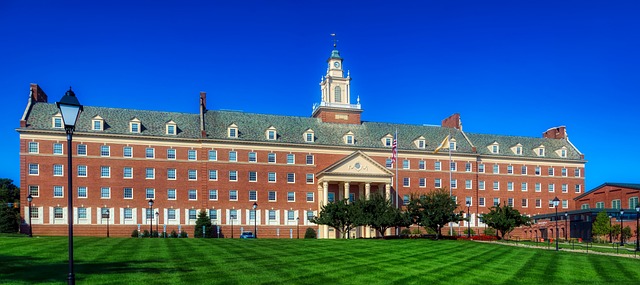
Thomas Edison’s contributions to industrial innovation had a profound impact on the development of Essex County, New Jersey. His laboratory and residential complex in West Orange served as a hub for groundbreaking inventions that reshaped industries globally. Edison’s work here, which began in the late 19th century, laid the foundation for the county to emerge as a significant center for technological advancement. The invention of the phonograph, electric light bulb, and power distribution systems at his ‘Invention Factory’ not only revolutionized consumer technology but also paved the way for large-scale industrialization in Essex County. These innovations attracted other industrialists to the area, fostering a culture of innovation and entrepreneurship that would become synonymous with New Jersey. The economic growth spurred by Edison’s inventions had lasting effects, transforming the region into a bustling center of industry, particularly in sectors like electronics and chemicals. Today, Essex County, New Jersey, remains a testament to the enduring legacy of Thomas Edison, whose relentless pursuit of innovation in West Orange continues to influence technological progress. The Thomas Edison National Historical Park in West Orange stands as a symbol of this history, offering visitors a glimpse into the era that marked the beginning of modern industrialization and its subsequent impact on Essex County’s economic landscape.
Educational Programs and Visitor Experiences at the Thomas Edison National Historical Park

The Thomas Edison National Historical Park in West Orange, NJ, offers a wealth of educational programs and immersive visitor experiences that delve into the life and inventions of Thomas Alva Edison. These programs are particularly enriched by their location within Essex County, New Jersey, a region steeped in historical significance and innovation. Visitors can engage with interactive exhibits that bring to life Edison’s genius, including his famous laboratory and home. The park’s educational offerings extend beyond mere observation; they invite guests to participate in hands-on activities, guided tours, and workshops that emphasize the principles of scientific inquiry and invention. School groups and lifelong learners alike can explore the vast contributions Edison made to technology and industry, gaining insights into his development of the phonograph, electric light bulb, and power system, all set against the backdrop of Essex County’s rich cultural heritage. The park’s commitment to education ensures that each visit is an opportunity to not only appreciate Edison’s legacy but also to inspire the next generation of inventors and thinkers.
Uncovering the Role of West Orange, New Jersey, in Shaping the American Spirit of Invention
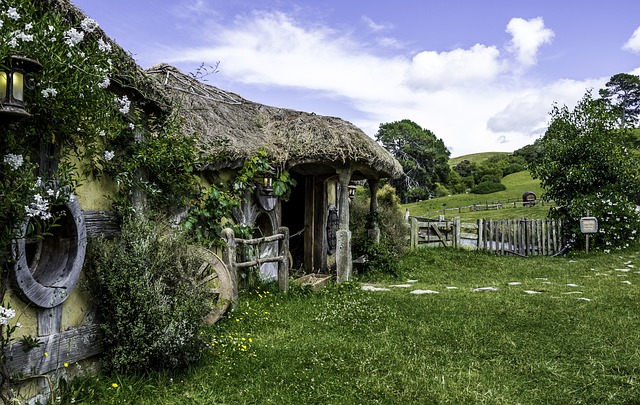
Thomas Edison National Historical Park, located in West Orange, New Jersey, within the heart of Essex County, stands as a testament to one of America’s most prolific inventors. This site not only preserves the laboratory where Edison conducted groundbreaking research but also tells the story of how this environment fostered an era of unprecedented innovation that would shape the American spirit of invention. In the late 19th and early 20th centuries, Edison’s work in West Orange led to numerous breakthroughs, including the phonograph, the light bulb, and the first practical electric power generation system. The contributions made by Edison and his team during this period were instrumental in transforming America into a nation of inventors and innovators. The lab’s infrastructure, designed to facilitate rapid prototyping and collaboration, embodies the principles that would become synonymous with American ingenuity. Today, visitors to the park can explore the very facilities where Edison’s genius was nurtured, gaining insight into a pivotal era of American history that Essex County played a crucial role in shaping. The park serves as an educational resource and a source of inspiration, reminding us of the potential for innovation that lies within every community.

